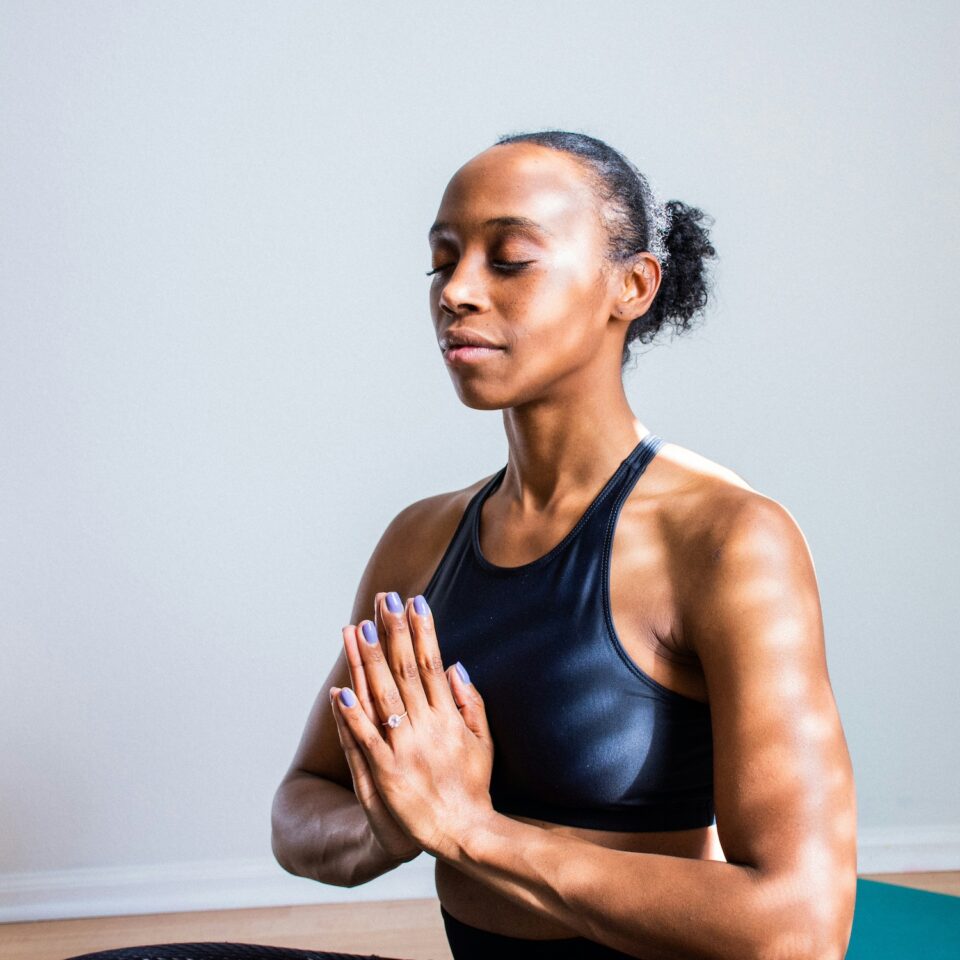
Understanding the Connection Between Mental and Physical Health
Author: Jane Robinson, LMSW, CSPC
In today’s fast-paced world, the relationship between mental health and physical health is gaining more recognition. Our minds and bodies are intricately linked, and understanding this connection is vital for overall well-being. In this blog post, we feature insights from Jane Robinson, a Licensed Master Social Worker (LMSW) and Certified Sports Psychology Coach (CSPC). Jane has been a frequent guest on our podcast and is one of the mental health experts that we refer our clients to.
The Hidden Link Between Mental and Physical Symptoms
It’s not uncommon for patients to experience physical symptoms with no apparent medical cause. Chronic fatigue, digestive issues, headaches, and muscle pain are just a few examples. Often, these symptoms persist despite extensive medical testing, leaving both patients and healthcare providers puzzled. Mental health issues, such as anxiety, depression, and trauma, can sometimes manifest as physical symptoms.
The Vagus Nerve and Fight-or-Flight Response
When individuals experience prolonged stress or trauma, their bodies enter a state of constant fight-or-flight. This response, while essential for immediate survival, can wreak havoc when sustained over time. The vagus nerve, responsible for regulating the parasympathetic nervous system (rest and digest), becomes suppressed. As a result, the body remains in a heightened state of alertness, leading to muscle tension, digestive issues, and hormonal imbalances.
The Impact of Chronic Stress on the Body
Chronic stress triggers the release of stress hormones like cortisol and adrenaline, which can lead to a variety of physical symptoms. For instance, digestive problems such as irritable bowel syndrome (IBS) are common among individuals with high stress levels. The gut-brain connection is significant, as the same neurotransmitters found in the brain are also present in the gut. This explains why stress and anxiety often result in gastrointestinal issues like constipation, diarrhea, and stomach aches.
Addressing Mental Health to Improve Physical Health
Taking a holistic approach and recognizing the connection between mental and physical health is the first step towards effective treatment. For individuals experiencing unexplained physical symptoms, consulting with their primary care provider and a therapist can be incredibly beneficial. Techniques like breathing exercises, meditation, and mindfulness can help activate the parasympathetic nervous system, promoting relaxation and healing.
Practical Tips for Managing Stress and Anxiety
Here are a few tips for managing stress and anxiety:
1. Breathing Exercises: Techniques like box breathing can help calm the nervous system. Inhale for four counts, hold for four counts, exhale for four counts, and hold again for four counts.
2. Mindfulness and Meditation: Regular practice can reduce stress and improve overall well-being. Apps like Headspace, Insight Timer and Calm offer guided sessions to get started.
3. Physical Activity: Regular exercise releases endorphins, which can improve mood and reduce stress. Aim to incorporate 20 to 30 minutes of exercise into your daily routine.
4. Therapy: Seeking professional help from a therapist can provide tools to manage stress and anxiety effectively and reactivate the polyvagal system to help calm the mind and body.
Conclusion
The intricate relationship between mental and physical health cannot be overstated. By acknowledging and addressing this connection, individuals can achieve better overall health. If you’re experiencing unexplained physical symptoms, consider exploring the potential role of mental health with your medical provider and a mental health provider. Remember, taking care of your mind is just as important as taking care of your body. For more additional resources, listen to our podcast episodes about mental health.
Subscribe to our newsletter, The Wellness Round-Up, to receive the latest news, events, and preventative health tips, along with Dr. Plaster’s resource, “Five Tips to Better Health.”
Subscribe to the Between Two White Coats podcast for bi-weekly episodes. Please leave us a rating and review; this will help others find our podcast.